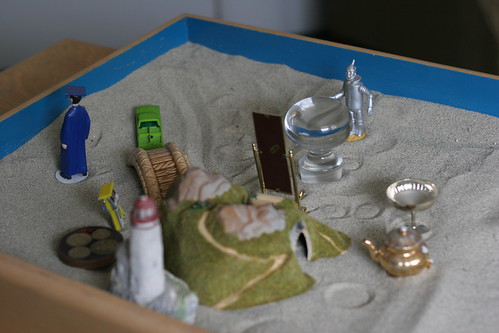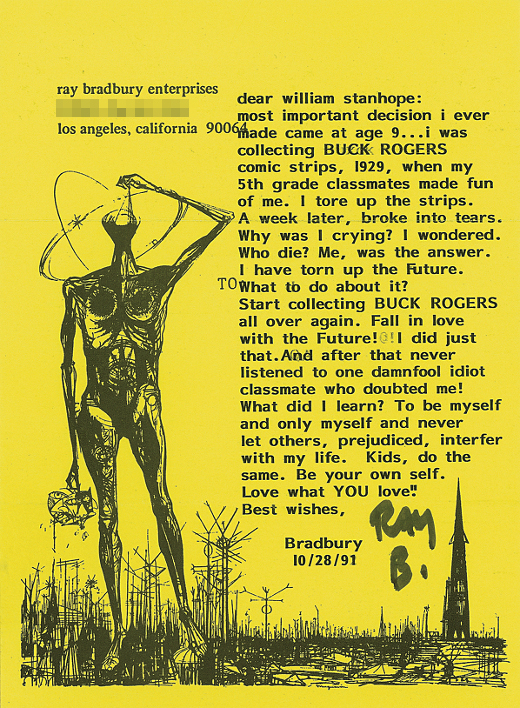Where behavioral science and humanism get out of the ivory tower, and into the world.
Friday, April 29, 2011
Major pharmacology companies cutting back on psychtropic research
According to the podcast from Science, a few of the larger drug companies are doing large cut backs on CNS drugs (which includes meds for mental health) siting that they cost the most to develop, take the longest, and are the least likely to get FDA approval. This is fairly significant as there's a fairly limited amount of ways currently to treat mental health problems chemically, and their efficacy varies greatly between people and particular challenges. What remains to be seen is how the gap between need, and supports available will be filled, as many insurance companies seem to want to keep their panels closed, the public clinic's are running over capacity and many in need cannot afford private pay (one of the main reasons I like working for myself, so I can do sliding scale so I can see people with need if I have appointments times open) .
Labels:
cns,
dugs,
medication,
private pay,
science,
sliding scale
Thursday, April 28, 2011
Alternative forms of thinking, education and adhd,
Most of the ideas in this video have been around for a long long time. The idea that the standard school's model of prepping people for factory work is very outdated, that intelligence as it's currently tested doesn't really measure much and that ADHD while existing in some cases (I worked with a kid who has so little ability to focus he got distracted from being sad about 15 seconds after another kid hurt him pretty badly) but that by and large it's a false epidemic. But he puts it all together very nicely in a very engaging package. Enjoy!
Wednesday, April 13, 2011
Friday, April 1, 2011
Because I'm quite nerdy
I love Bradbury, Asimov, Phillip K. Dick, and many others. I think this, in it's own way, captures the experience that many people I see have. Come feeling like the first part, leaving like the second. :-)
Wednesday, March 2, 2011
Sunday, February 13, 2011
Watching theory of mind develop over checkers
I spent time with my nephew over the weekend, he's 5 and we just, as of yesterday, taught him how to play checkers.
It was extremely interesting from a psych/cognitive developmental point of view. You could watch him learn a rule, try and apply the rule all the time, and learn its limits. He also practiced taking turns and figure ground discrimination, but that was just the regular stuff.
I got to witness him talking out some of his first experiences with more advanced theory of mind. Theory of mind is the idea that your thoughts are yours alone, and that other people have their own cognitions. Kids take some time to figure this out. That's why really little kids don't tell you that they know where your keys were the whole time. Because they know, they assume you know, and vice versa. It takes some time to figure this isn't the case. The most overt sign of this taking hold is when kids learn to lie. They figure out that they can try and tell you a false hood, and have a chance of not getting caught.
My Nephew started phase two of this recently, modeling other people's thoughts and using them to plan. This is a huge step and is what makes playing games possible. Every time you play checkers, chess, backgammon, poker, etc. You need to take the information in front of you, make your plan, then create a mental model of what your opponent will do, then modify your plan to take this into account.
He did really well for his first few games of checkers; he ended up being able to predict what would happen about a move ahead of time. 2, and 3 moves is still beyond his grasp but he's on the road.
It's great to see, because this is also a huge factor in developing good relationships. You need to be able to accurately predict what they other person will do in response to what you say or do to/near/with them. Accurate predictions tend to show better functioning which is usually quite nice :-) . It's always great to see people develop themselves, and I gotta say, I take a whole lot of extra pride in seeing my little nephew do it too :-D
Labels:
Checkers,
games,
modeling,
planning,
relationships,
theory of mind
Tuesday, December 7, 2010
Mixing modalities
 | |||||
| From the Flikr Stream of Emily Hoyer |
The set up is pretty simple, you have a container roughly the size of a storage bin filled 1/2-3/4 with sand, and a host of miniatures and a mental health professional. From there you essentially let people do what they want. Some people just push the sand around, others make simple, static scenes. Others make highly elaborate dynamic stories that fill, or even overflow from the container. What usually gets created is the person's head space in some way, shape or form.
It's a very different way to engage with one's mind. Because it's so mailable, and those hard to articulate thoughts can be represented in the tray without words, a whole new way of working with one's inner life is possible. It's accessible for children and adults, average functioning people, those with disabilities and everyone in between.
I'm really smitten with it :-) . Everyone's welcome to come and try it out!
Subscribe to:
Posts (Atom)
